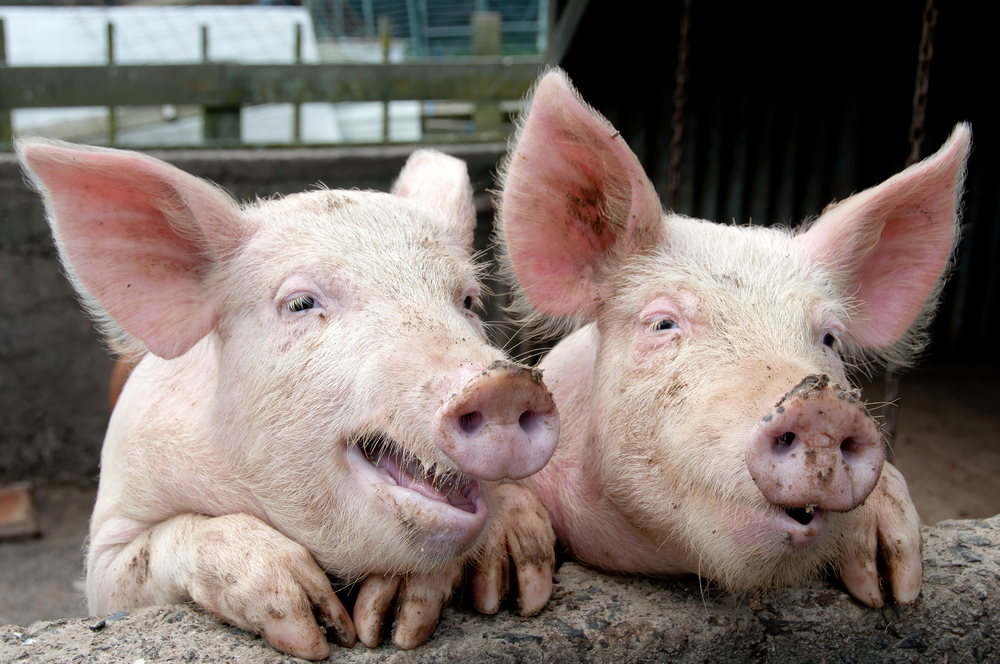Strengthening pig prices on the continent may well help to stabilise farm gate returns in Ireland, according to Bord Bia pigmeat manager Peter Duggan.
“Producer pig prices have started to increase in Germany over the past number of weeks,” he said.
“And this is a reflection of the fact that supplies are starting to tighten in that country. The June 2014 census confirmed a 1% increase in the German breeding herd. However, the comparable figure for November indicated that sow numbers had stabilised.
“This would indicate that EU pig farmers are starting to destock, which should move the overall supply demand equation more firmly in the direction of stronger market conditions.”
Duggan said that the continuing growth in pork export sales to China and other Asian countries, including Japan, is a further good news story for the Irish pig industry and pig prices here.
“Japan is worthy of particular mention,” he said.
“Last year we exported 9,000t of pork to that country, up from 2,000t a couple of years ago. But what makes Japan important is the fact that belly pork accounted for the vast bulk of this business. This is the very high end of the Japanese pigmeat market.”
The Bord Bia representative surmised that Russia’s ban on EU food imports could end without warning, which could also affect pig prices in Ireland.
“This remains a very complex issue. There was speculation some weeks back that individual countries, including France and Germany, were prepared to sort out their own trade deals with Moscow.
“But this came to nothing. Overarching the trade embargo issue is Russia’s refusal to accept EU pork imports on swine fever grounds. However, efforts are being made to have this issue addressed on a regional issue. Ireland, for example, is free of the disease.”
Commenting on the impact of the weakening euro on Irish pork exports to the UK, Duggan said that current exchange rates should make Irish pork more competitive on that market.
“But it will take a number of weeks to assess the full implication of this factor in terms of its impact on farm gate returns here in Ireland.”
